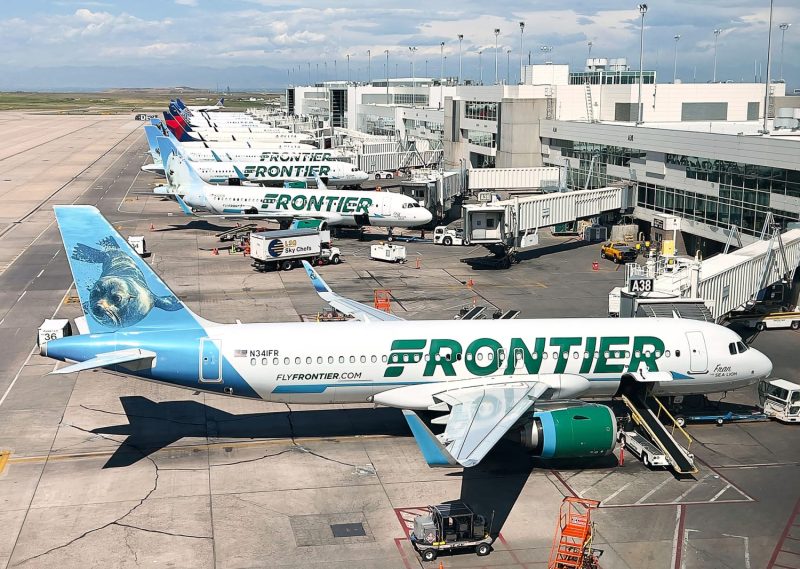In a significant move that aims to revolutionize the budget airline industry, Frontier Airlines has recently announced the elimination of change fees across their ticket offerings. This bold decision underscores the airline’s commitment to enhancing customer satisfaction and providing more flexibility in an industry known for its rigid policies.
The traditional airline model has long been characterized by additional fees and charges, particularly for changes to bookings, adding baggage, or selecting seats. These extra costs can add up quickly, turning what initially seemed like a low-cost ticket into a more expensive travel experience. Frontier Airlines’ decision to remove change fees is a game-changer that could disrupt the existing norms in the budget airline sector.
By doing away with change fees, Frontier Airlines is not only aligning itself more closely with customer needs and preferences but also setting a new standard for pricing transparency and customer service. The move is likely to attract travelers who value flexibility and want the peace of mind that they can adjust their travel plans without facing hefty penalties. In an industry where competition is fierce, this customer-centric approach could give Frontier Airlines a competitive edge and help build long-term brand loyalty.
Additionally, this pricing overhaul by Frontier Airlines could have broader implications for the budget airline industry as a whole. If Frontier’s decision proves successful and resonates with customers, other airlines may feel compelled to follow suit in order to remain competitive. This domino effect could lead to a fundamental shift in how budget airlines approach pricing and customer service, ultimately benefitting travelers across the board.
It’s important to note that while the elimination of change fees is undoubtedly a positive development for consumers, airlines will need to carefully consider the financial implications of such a policy change. Revenue generated from change fees is an important source of income for airlines, and the absence of these fees could impact their bottom line. However, Frontier Airlines seems to be betting on the long-term benefits of improved customer satisfaction and loyalty outweighing the potential short-term revenue loss.
In conclusion, Frontier Airlines’ decision to do away with change fees represents a bold and forward-thinking approach to pricing and customer service in the budget airline industry. By prioritizing customer needs and flexibility, Frontier is not only differentiating itself from competitors but also setting new standards for the industry as a whole. As travelers increasingly demand more transparency and value from airlines, Frontier’s pricing overhaul could mark the beginning of a positive shift in the way budget airlines operate and interact with their customers.
